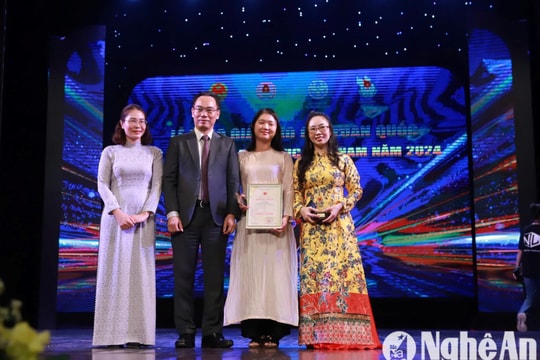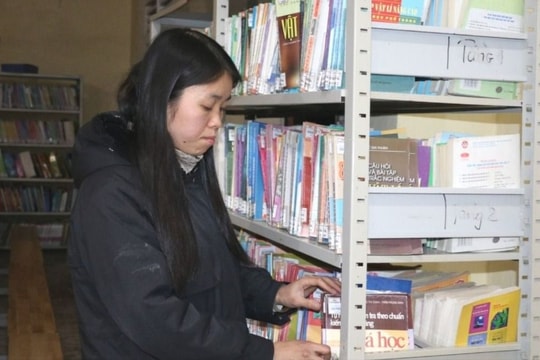'10 no's' in general education in the land of kangaroos
The 10 things that are most common in Australian secondary education seem to be in complete contrast to what is being done in the Vietnamese education system.
1. There is no assessment of student conduct during the learning process. Student learning outcomes only include scores and teachers' comments on the student's ability in that subject, strengths to be promoted and weaknesses to be overcome.
2. There are no oral tests or 15-minute surprise tests at the beginning of class, so students almost never have to stay up late to study for fear of having an oral test or 15-minute surprise test the next day.
3. There is no homeroom teacher for grades 6 and above. At the beginning of class, teachers will take attendance by grade. Any student absent will be immediately sent a message to the parents to inform them of the reason.
4. There are no textbooks or fixed curriculum for teaching students. Teachers prepare their own lessons based on the curriculum framework. In class, teachers distribute materials to students or guide students to search for study materials online.
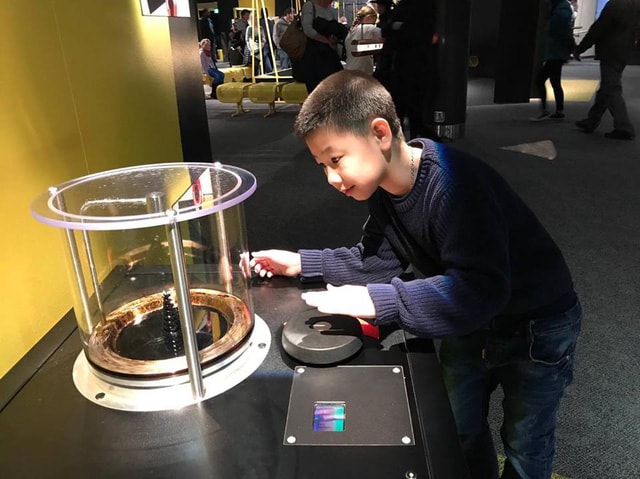
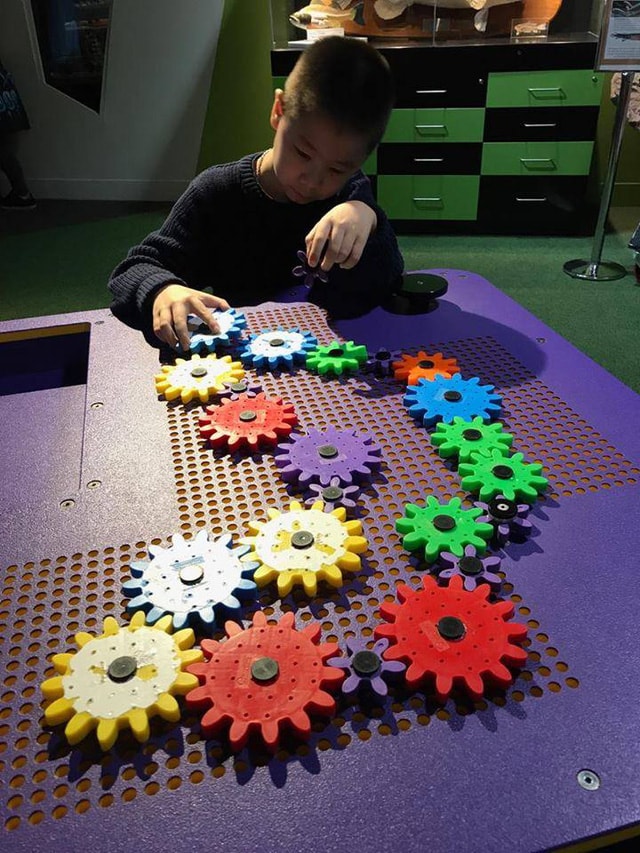 |
| In secondary schools in Australia, there are no fixed textbooks or curriculum to teach students. |
5. There is no Department of Education or Ministry of Education that sets semester or year-end exams for students. Teachers of each subject will set their own final exams for students of that class.
6. There is no assessment of teachers' teaching and professional competence based on students' learning outcomes. Before being allowed to teach, teachers must pass a professional and teaching skills test from a government-licensed organization.
7. There is no announcement of student results in front of the class or the whole school. Students who achieve good academic results will be invited by the school to attend the ceremony with their parents.
8. There are no regular, ongoing parent-teacher conferences. Parent-teacher conferences are held once a year. The school sends notices to parents about parent-teacher conferences. Those who wish to attend can register online. During the conference, parents have the opportunity to meet all their children's teachers. Teachers will give specific comments on the student's academic performance.
9. There are no additional fees such as parent-student fund, construction fee, cleaning fee, desk and chair purchase fee, air conditioner purchase fee... other than the tuition fee as prescribed by the school or state.
10. There is no distinction in the importance of subjects. Subjects are given equal importance according to the interests and abilities of the students. A student who is good at physical education is just as honored as a student who is good at math.
 |
| Subjects are given equal importance according to students' interests and abilities. |
With UNESCO's educational goals of "Learning to know, learning to do, learning to live together, learning to be", it seems that we Vietnamese tend to make our children study for other purposes, such as: Studying for grades, studying for parents, studying to get an easy job, high salary...
We cannot change education policy but we can change the way we think about our children's education.
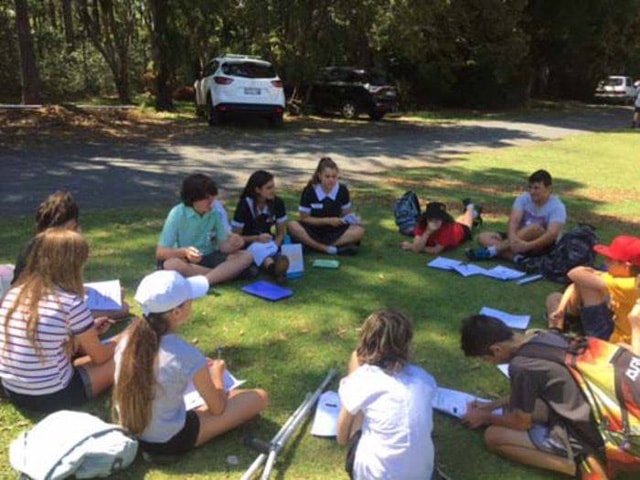
Help your child find joy in learning by not forcing them to take extra classes, and help them solve homework in class. Guide them how to study effectively. If you are not an expert, encourage your child to ask the subject teacher or classmates. Do not put more pressure on your child because studying at school is enough to make them "overloaded"!
According to Dantri
| RELATED NEWS |
|---|

